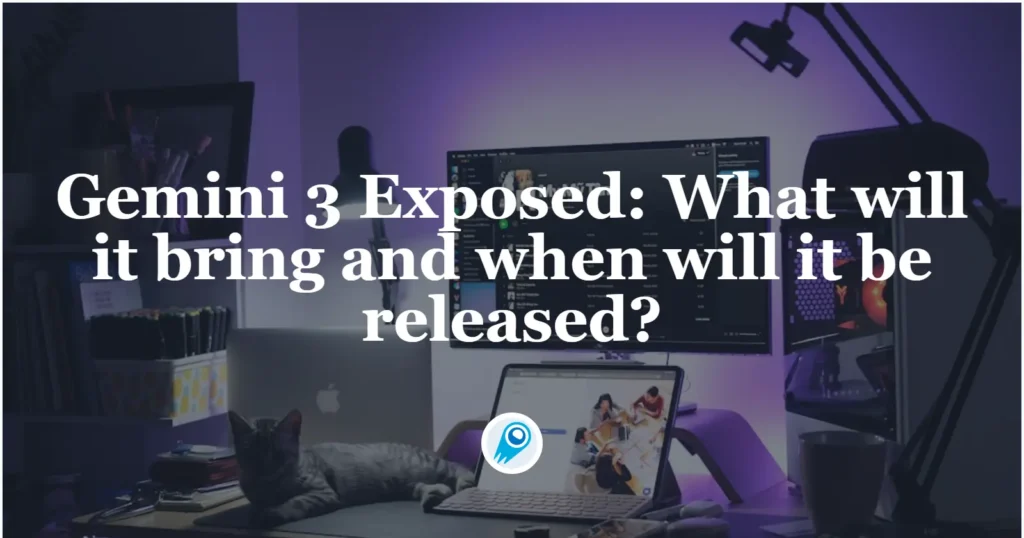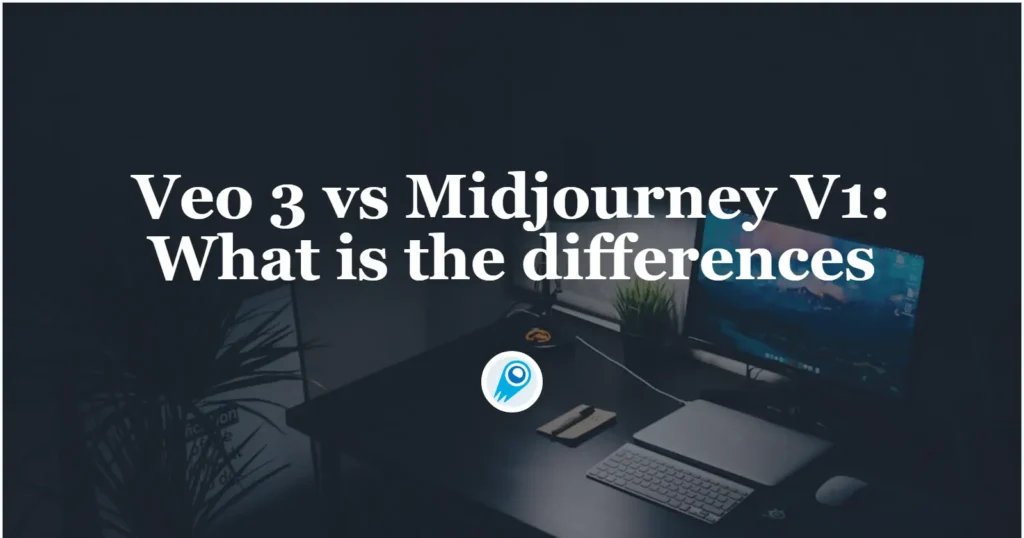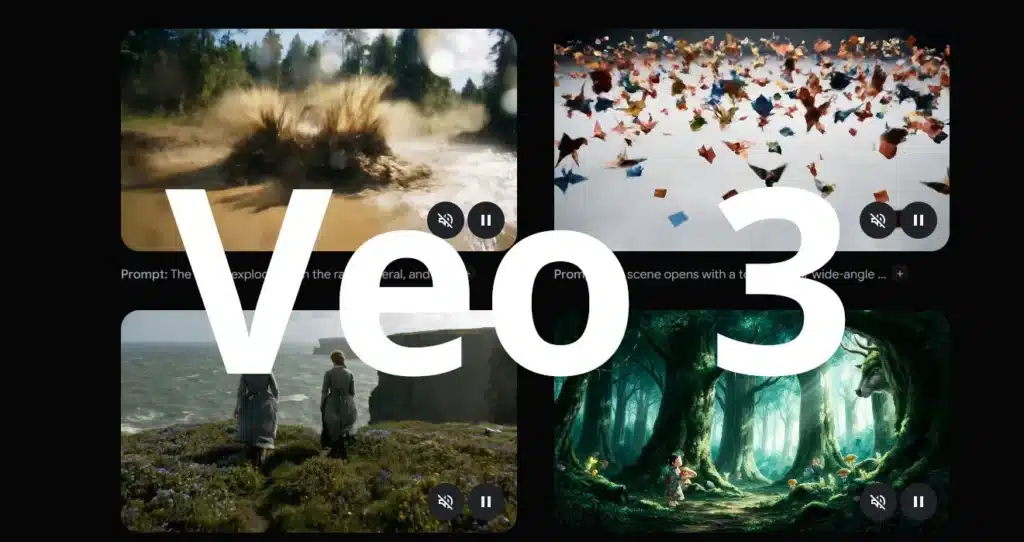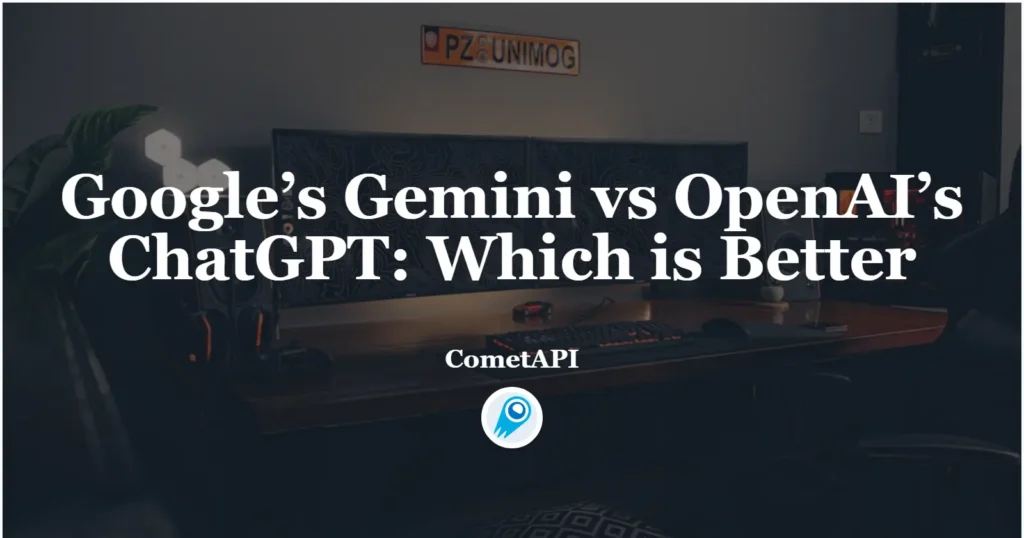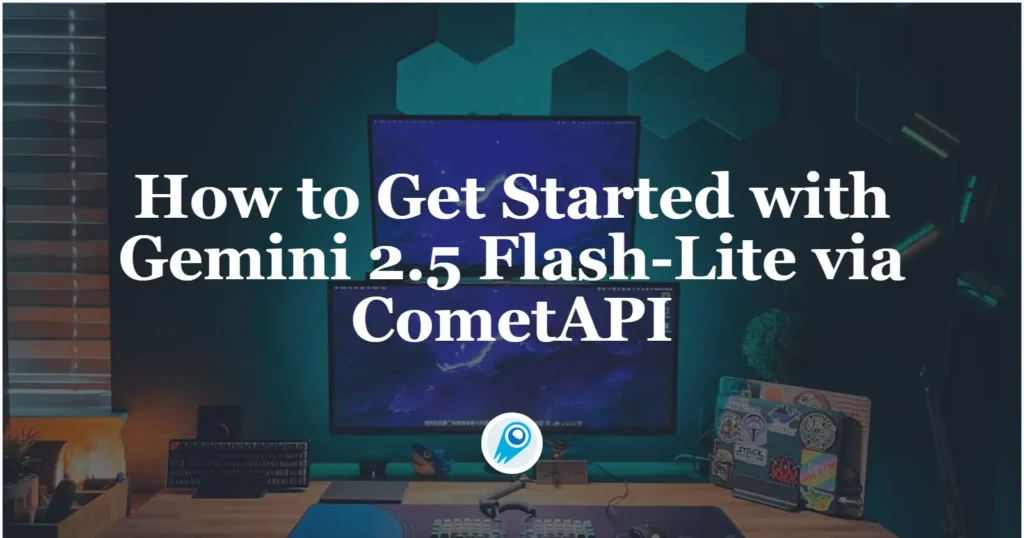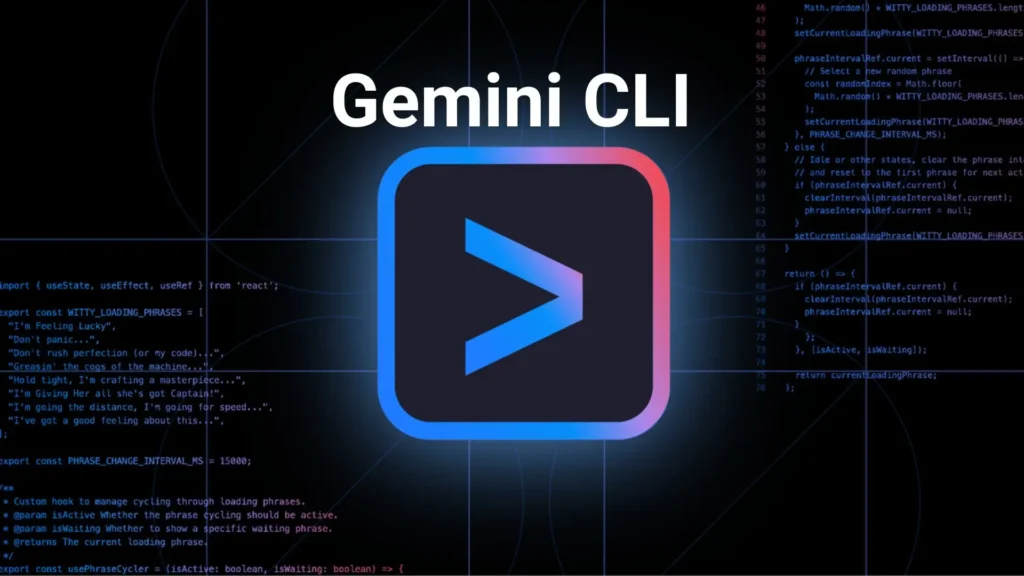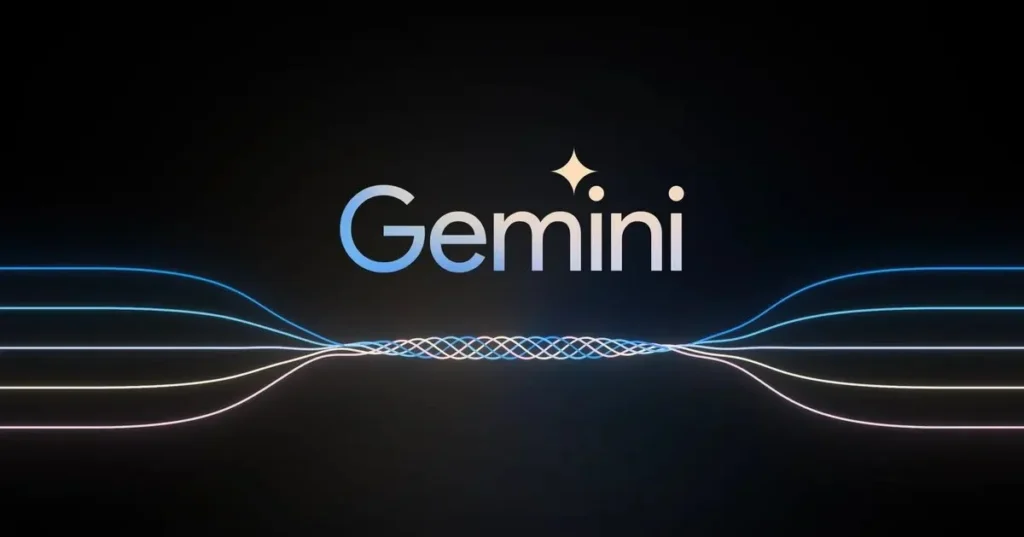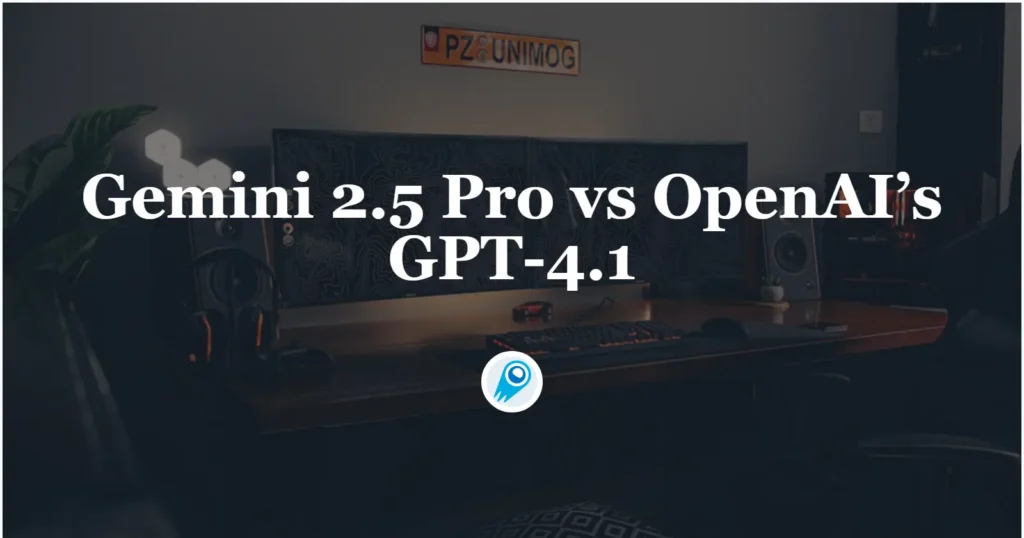Seedance 1.0 and Google Veo 3 represent two of the most advanced video generation models available today, each pushing the boundaries of what neural networks can achieve in transforming text or images into dynamic, cinematic experiences. Developed by ByteDance’s Volcano Engine (formerly known as Toutiao’s engine) and Google DeepMind respectively, these models cater to a rapidly […]
Gemini 3.0 Exposed: What will it bring and when will it be released?
In the rapidly evolving world of artificial intelligence, Google’s Gemini series has emerged as one of the most ambitious and closely watched model families. With each iteration, Gemini has pushed the boundaries of multimodal understanding, context length, and real-time reasoning—culminating in the highly praised Gemini 2.5 Pro. Now, the AI community eagerly anticipates the next […]
Veo 3 vs Midjourney V1: What is the differences and how to Choose
Artificial intelligence is transforming video production, and two of the most talked-about entrants in this space are Google’s Veo 3 and Midjourney’s Video Model V1. Both promise to turn simple prompts or still images into engaging motion clips, but they take fundamentally different approaches. In this article, we’ll explore their capabilities, workflows, pricing, and suitability for various […]
How to Prompt Veo 3?
I’m thrilled to dive into Veo 3, Google DeepMind’s groundbreaking AI video generation model. Over the past week, Veo 3 has dominated headlines, social feeds, and creative conversations. From satirical reels roasting influencer culture to mock pharmaceutical ads that feel startlingly real, creators and marketers alike are experimenting with Veo 3’s uncanny ability to translate […]
How to Use Google Gemini on Your Phone
Google Gemini marks a new era in mobile AI, offering powerful conversational capabilities integrated deep into Android and iOS environments. Whether you’re sending messages hands‑free, managing your calendar, or organizing photos through natural language, Gemini aims to be your go‑to assistant for everyday tasks. This comprehensive guide walks you through everything from initial setup to […]
Google’s Gemini vs OpenAI’s ChatGPT: Which is Better
As artificial intelligence continues its rapid evolution, two contenders dominate the conversation: Google’s Gemini and OpenAI’s ChatGPT. Both models have seen significant updates in recent months, offering unique strengths and trade‑offs. This article explores their latest developments, real‑world applications, and technical capabilities to help you determine which AI is better suited for your needs. What […]
How to Get Started with Gemini 2.5 Flash-Lite via CometAPI
Starting with Gemini 2.5 Flash-Lite via CometAPI is an exciting opportunity to harness one of the most cost-efficient, low-latency generative AI models available today. This guide combines the latest announcements from Google DeepMind, detailed specifications from the Vertex AI documentation, and practical integration steps using CometAPI to help you get up and running quickly and […]
Gemini CLI: Harnessing Google’s AI from Your Terminal – What It Is and How to Use It
Google has officially launched Gemini CLI, an open-source command-line interface that brings the power of its Gemini 2.5 Pro reasoning model directly into developers’ terminals. Available in preview since June 25, 2025, the tool allows users to perform a wide range of AI-driven tasks—from code generation and debugging to content creation, deep research, and even […]
Is Gemini Advanced Worth It?
As artificial intelligence continues to permeate both enterprise workflows and consumer applications, Google’s Gemini Advanced subscription has emerged as a leading contender in the race for premium AI experiences. Launched as part of the Google One AI Premium plan,it promises faster response times, deeper reasoning, expanded context windows, and seamless multimodal interactions. But with a […]
Gemini 2.5 Pro vs OpenAI’s GPT-4.1: A Complete Comparison
The competition between leading AI developers has intensified with Google’s launch of Gemini 2.5 Pro and OpenAI’s introduction of GPT-4.1. These cutting-edge models promise significant advancements in areas ranging from coding and long-context comprehension to cost-efficiency and enterprise readiness. This in-depth comparison explores the latest features, benchmark results, and practical considerations for selecting the right […]


